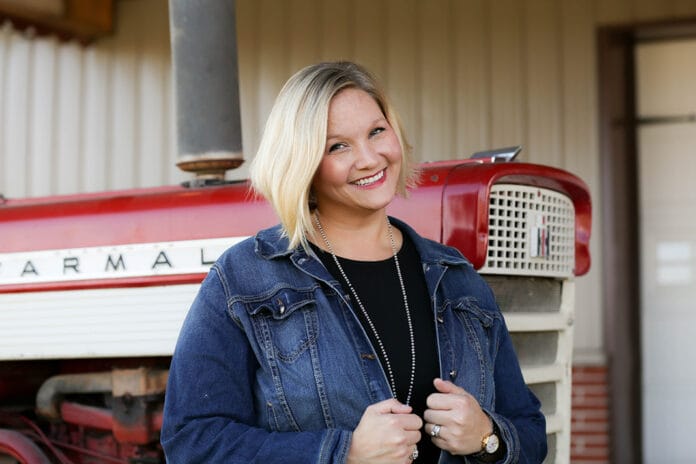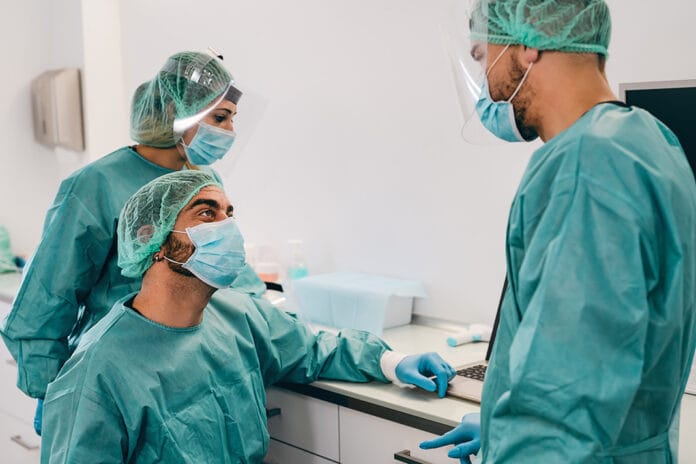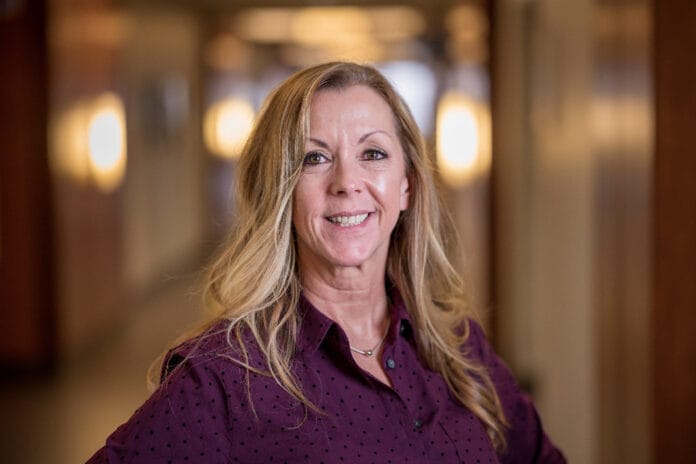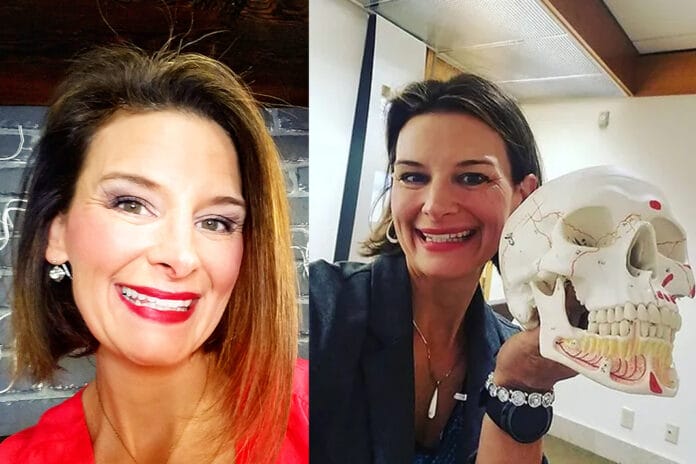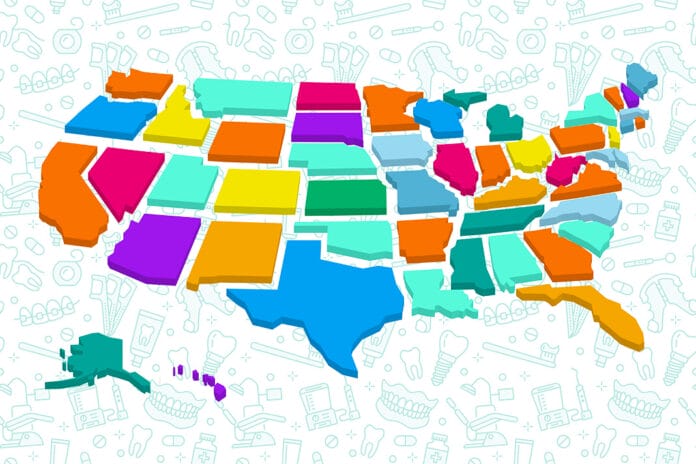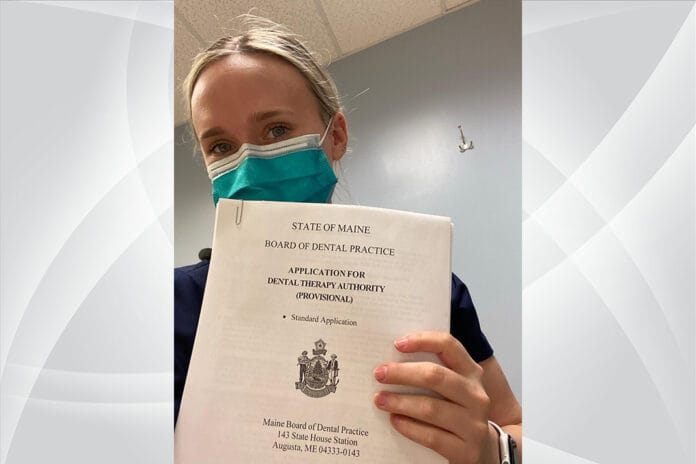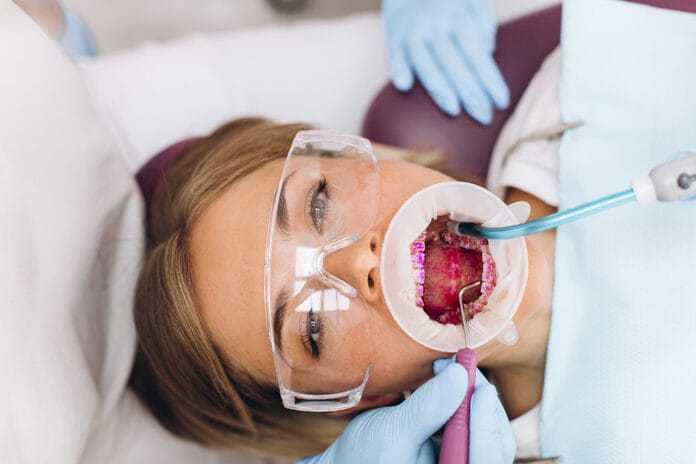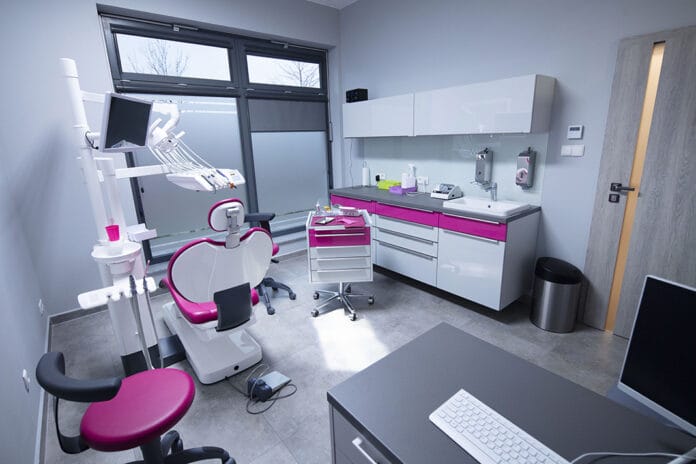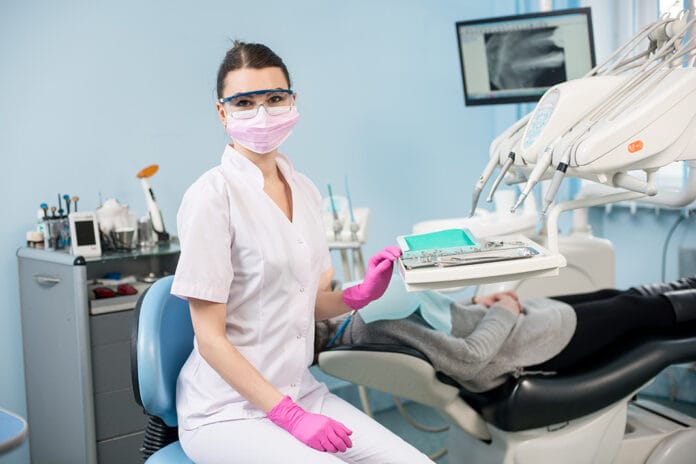Kaitlyn Machado, RDH, BS, MEd, FADHA
Huddle Up: Suggestions for Staff Meetings in Busy Dental Offices
As a seasoned hygienist of working in multiple practices, I have developed an appreciation for the unique differences between them. Some practices hold a...
Hygienist Spotlight: Dr. Emily Boge’s Journey to Becoming a Dental Hygiene Leader
Dr. Emily Boge, EdD, RDH, CDA, FAADH, FADHA
She is an Iowa native who is a key opinion leader, speaker, innovator, and director of not...
Teamwork: Open Communication with Dentist Leads to Happier Dental Patients
Many individuals comprise a dental team in an office, and the professional relationship between the dental hygienist and the dentist – frequently, the employer...
Hygienist Spotlight: Kristeen Perry, an Educator, Examiner, Doctorate… Oh My!
Meet Kristeen, I mean to say, Dr. Kristeen Perry! She is not only a dental hygienist of 31 years but also a full-time dental...
A Look at Working Interviews (And Why You Should ALWAYS Be Paid!)
Working interviews: Are they good? Or bad? Not all types of career options have the opportunity to have a working interview. In the dental...
8 Tips for Conquering the National Dental Hygiene Board Exam
For some dental hygiene students, their last semester is fast approaching which means preparing for board exams and applying for your dental hygienist state...
Hygienist Spotlight: The Multifaceted Hygienist Behind Teacher Tina RDH
When dental hygienists hear the words ‒ hygienist, educator, local anesthesia, basic life support and CPR-certified instructor ‒ who do they think of? Tina...
Different Stages of Career: Midstream Hygienists Agree on “Understanding Your Worth”
As I mentioned in part one of this series, Different Stages of Career, part two will focus on a dental hygienist from Massachusetts, who...
50 States of Dentistry: Hygienists’ Different Responsibilities Across the Country
Editor's note: Original publish date: January 18, 2023. Your state's dental practice act, which can be found on your state's Board of Dentistry/Board of...
Hygienist Spotlight: Claire Roesler – Maine’s First Dental Therapist Delivers Advanced Care
Many states advocate for the expansion of dental hygienists' scope of practice, including creating room for the dental therapist. The only four dental therapist...
5 Everyday Tasks that Affect Patients’ Oral Health
Everyone has a daily routine. Some people brush their teeth and then grab a cup of coffee on the way to work. Certain routines...
Dental Hygienists’ Mental Health: Working Through the Difficult Times in Dentistry
Mental health has become recognized as an essential piece of one's entire whole-body health. When we think of mental health in the dental profession,...
Questions Dental Hygienists Should Ask Prospective Employers During an Interview
Health care workers are currently in extreme demand, and dental hygienists are no exception. A huge need for dental hygienists exists, with many job...
Hygienist Spotlight: Interview with Sarah Crow, RDH, Explains Guided Biofilm Therapy
The work environments of dental hygienists are not all the same; some are private practices, while some are group practices (DSO) or public clinics....
10 Things to Do during Cancelled Dental Hygiene Appointments
We all have those no-show patients, canceled or broken appointments, or a hole in our schedule. One issue seen in the clinical setting is...
Documentation 101: How to Write Thorough Dental Hygiene Progress Notes
Documentation is a very important piece of the dental hygiene process of care. Chart notes are considered legal documents and, according to the American...
Remember ADPIED? The Concept Helped Hygienists Learn about Process of Care
During dental hygiene education, students presented with an abundance of information very quickly, including a ton of different models and theories. I still remember...
The Demands of the Job: 3 Health Challenges Dental Hygienists Face
Many people, including our patients, do not realize the demands of the dental hygiene profession, especially physically. I was not aware of the aches...
How to Build Relationships with Your Patients
In any healthcare setting, you are interacting with different types of people. Clinically, as dental professionals, you are working with a community of many...
A Dental Hygienist’s Personal Experience with Community Service
Yes, this article will focus on my own personal experiences doing some good in the community. My story could show some insight on how...


